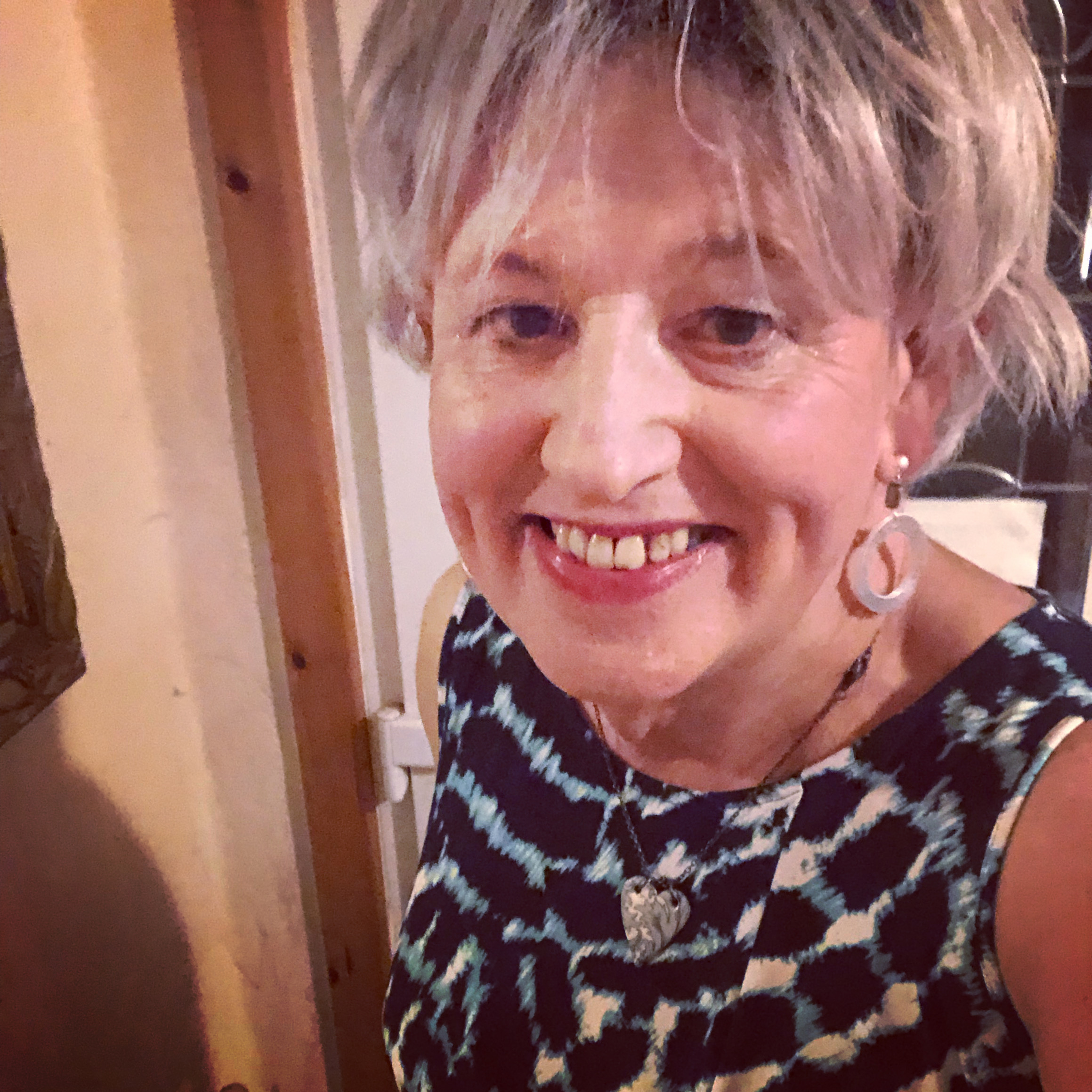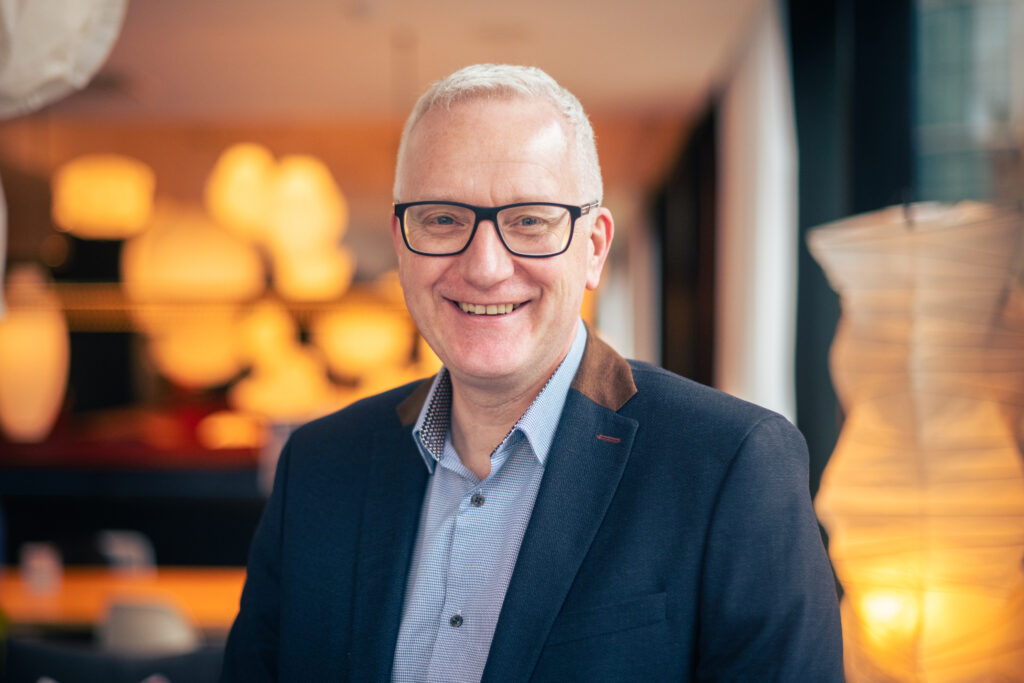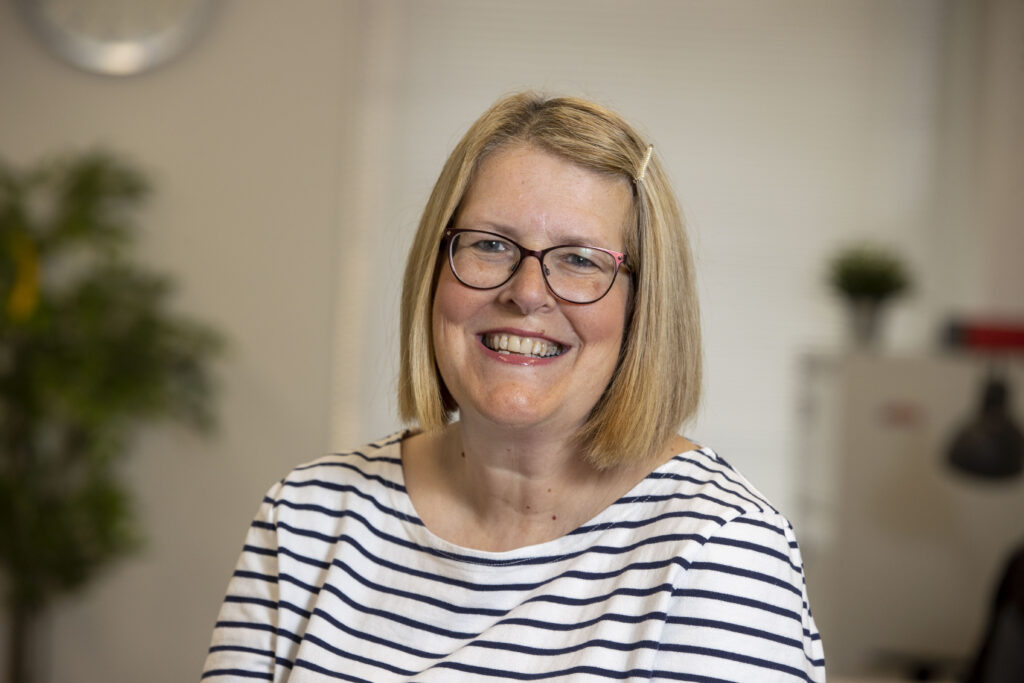An increasing number of trans people are turning to speech and language therapy to help them align their voice with their true self.
Voice is intrinsic to a person’s identity and often people who have transitioned find that their voice doesn’t match the person they have become. In some cases, this can cause distress and mental anguish.
Speech and language therapists (SLTs) across Scotland are increasingly seeing more trans and non-binary people seeking their help.
The NHS in Scotland currently offers one-to-one speech and language therapy sessions encouraging trans people to explore their voice; helping them to understand how their voice works, focussing on pitch, resonance, articulation, intonation, rate and pace of speech, all in a safe space.
Speech and language therapy also helps people experiment with voice across the gender spectrum in a safe manner to avoid damaging or doing harm to their voice. Additionally, SLTs help service users to use their new vocal identity in everyday interactions.
‘I have learned so much about my voice – it’s given me a lot of confidence in myself’
Jacqueline Wilde, from Paisley, has grown in confidence after seeking the help of an SLT.
She began her trans journey aged 68 after a lifetime of supressing her authentic self. Jacqueline, who is now 70, had six speech and language therapy sessions over a six-month period.
She explained: “Although I transitioned fairly recently I’ve known all my life there was an incongruence and it has been a roller-coaster ride. There’s been a lot of shame and guilt over the years, but I made the decision about three years ago to socially transition and began taking hormones at the beginning of last year.
“Voice is a big component. My normal voice could be quite low and I wanted to find a way of passing (as a woman) in everyday life so I called my local hospital and was referred to a speech and language therapist. I only had to wait about six months which I was grateful for.
“I trained as an actor and knew a bit about how the voice worked and was very interested in how speech and language therapy could help. I had speech and language therapy sessions and was shown various techniques around pitch and resonance.
“I have learned so much about my voice; about intonation, lengthening vowels and my actions when I speak. You have to practise but it’s been hugely beneficial and really given me a lot of confidence in myself. My voice has become naturally brighter and it’s helped me to realise more fully who I am.”
‘Voice can have a great impact on how people engage in society’
Voice is how we communicate with familiar and unfamiliar people in multiple environments during the day. Exploration of voice can help a person feel congruent to their sense of self and it can help to reduce distress related to gender/voice dysphoria.
Speech and language therapy can help people to feel confident and comfortable with their voice and that can have great impact on how they engage with others in society.
Rose Livingston, an SLT with NHS Greater Glasgow & Clyde, who has worked extensively with transgender and gender-fluid service users, said: “We’re very lucky to be involved in helping to make a big difference to people’s lives as we develop the service on offer to patients. It feels like both a privilege and a responsibility to work closely with someone and discover together where their voice will go and to see them grow in their understanding and confidence with their voice.”
‘We have a responsibility to be allies’
Trans people can face many challenges in society including access to healthcare, with research showing some people waiting five years for treatment to begin the transition process.
Dr Sean Pert, Deputy Chair at the Royal College of Speech and Language Therapists, the professional body which represents SLTs in the UK, believes a societal change is needed where people are more accepting of the trans community.
Dr Pert, who has spent years working with the trans community, said: “We’ve a responsibility to be allies and widen society’s attitude towards trans and non-binary people because it really does cause them minority stress. I’d like to think as we get more accepting people can present how they like but some people are so stressed they come for help and want the techniques to work instantly.
“I spoke to one woman, who was very successful, very stylish, but she said as soon as she opened her mouth she would be misgendered and that she felt unsafe.
“I’d like to turn things around and say instead of us being impressed that a trans person has changed their voice to fit in, if society was more accepting of difference, then we wouldn’t have to do as much work and people would feel safer. A bit of acceptance goes a long way.”



